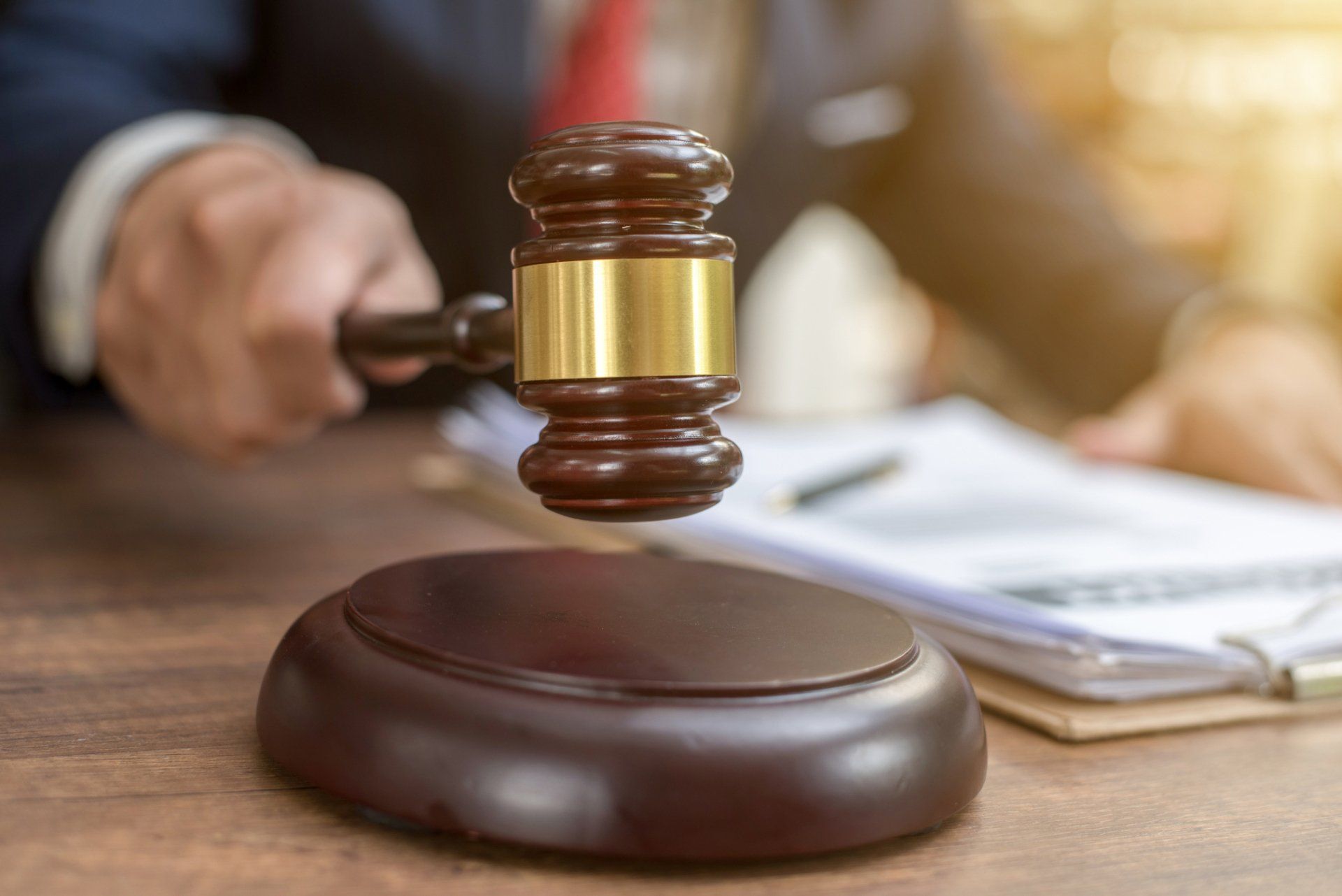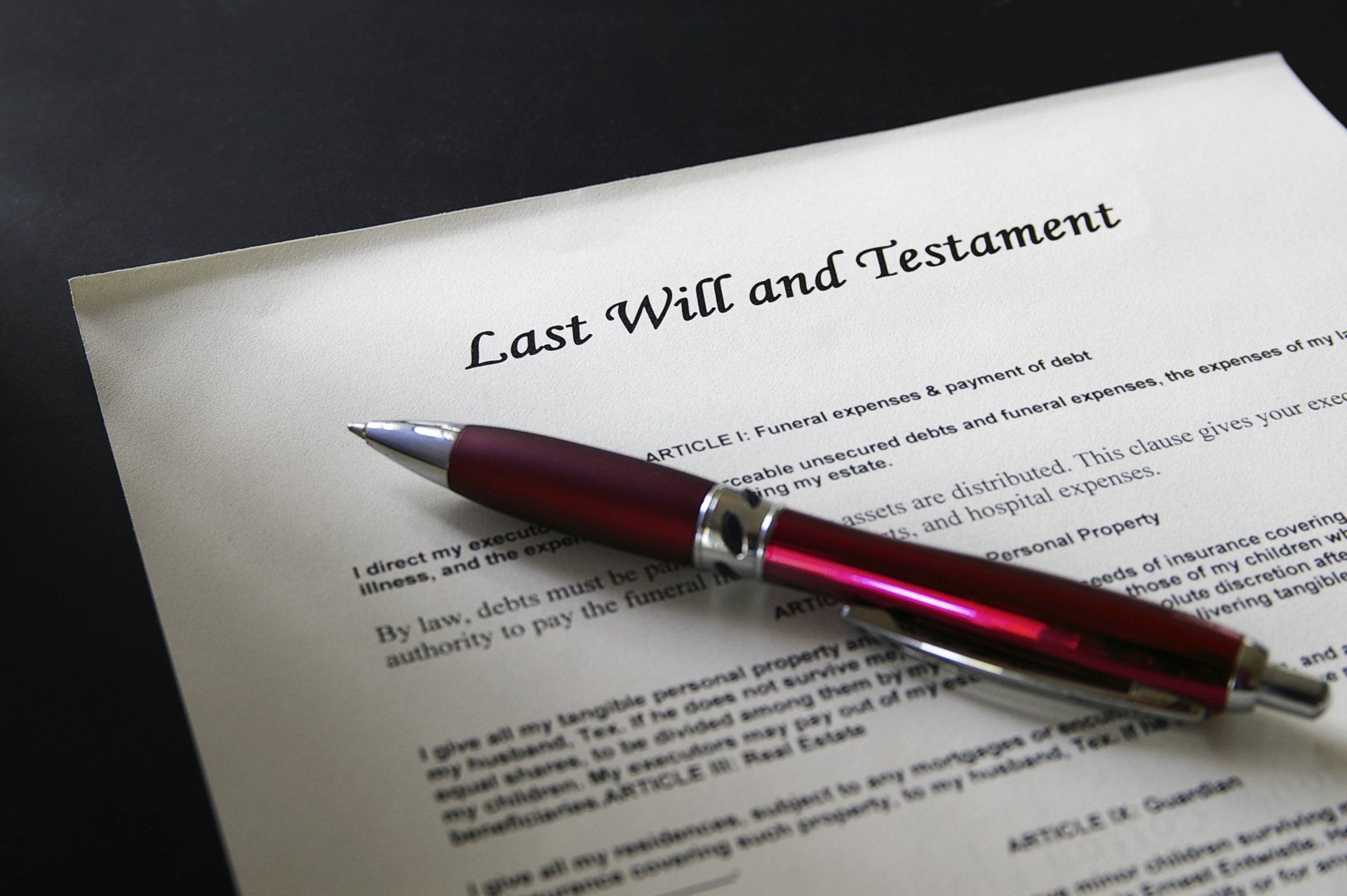ADDRESS: 3900 Newpark Mall Road 3rd Floor Newark, CA, 94560 | EMAIL: daniel@kisnerlaw.com
CALL US FOR A CONSULTATION
(510) 791-5790
5 Items to Include in Your Will
Your will is a legal document that dictates where most of your possessions go when you pass away. As an end-of-life legal document, it's extremely important and needs to be thoroughly written. Here are five items that you may need or want to include in your will.
1. Executor
Every will should have an executor, whose job it is to execute the will. The executor you choose has a legal responsibility to sort out your finances after you pass away, and they must make sure all outstanding debts are paid off with any assets that you have - and this must be done before anything is given to heirs.
Importantly, the executor you choose doesn't get to divide your assets up as they think best. Instead, they have a duty to pay off any debtors you owe and then disperse your possessions according to your wishes as those wishes are outlined in your will.
Many people choose a family member to serve as the executor of a will, but your will's executor doesn't need to be a relation. Generally speaking, you simply want a responsible adult who has enough time to help with your end-of-life matters.
2. Primary Beneficiaries
Primary beneficiaries are the people or organizations that you want to give your possessions to after you pass away. Many people name their children as primary beneficiaries, but (again) there's not an obligation to follow the norm. Family members, friends, and charities can all function as primary beneficiaries.
When selecting primary beneficiaries, you specify what each person or organization inherits from you. Since you own your possessions, you're free to give each primary beneficiary as much or as little as you want to pass onto them.
3. Contingent Beneficiaries
Contingent beneficiaries can be people or organizations, just as primary beneficiaries can be. Contingent beneficiaries, however, only inherit possessions from you if a primary beneficiary is unwilling or unable to accept what you give them.
One of the more common reasons to name contingent beneficiaries is in case a primary beneficiary predeceases you.
As an example, assume you have three children and name each of them as a primary beneficiary in your will. If one of the children passes away, you might want to name their children (your grandchildren) as contingent beneficiaries so that what that child would've received goes to their kids.
4. Real Property
In legalese, real property refers to real estate. You'll want to list all the real estate you own, including any primary residence, secondary residences, and land holdings, as real property in your will so that they're divided as you see fit.
If you fail to specify how your real estate is to be passed on, there could be confusion and disagreement among your beneficiaries. This can lead to delays and additional expenses related to the property's transfer.
5. Personal Property
Personal property encompasses all of your assets except for your real property. You don't have to individually list every piece of personal property that you own because noting each tissue box in your house and garden hose in the yard would be tedious. You should, however, mention all personal property that's significant in your will. This might include:
- Valuable items
- Collectible goods
- Family heirlooms
- Sentimental belongings
Anything that falls into one or more of these categories ought to be given to one or more beneficiaries so that there isn't disagreement among the people you're passing things on to.
Your will should also include a clause that stipulates who receives any additional personal property that's not noted in the will.
If you need help setting up a will, contact Kisner Law Firm.
PHONE: (510) 791-5790 | EMAIL: daniel@kisnerlaw.com
ADDRESS: 3900 Newpark Mall Road 3rd FloorNewark, CA, 94560
HOURS OF OPERATION:
- Mon - Fri
- -
- Sat - Sun
- Closed










